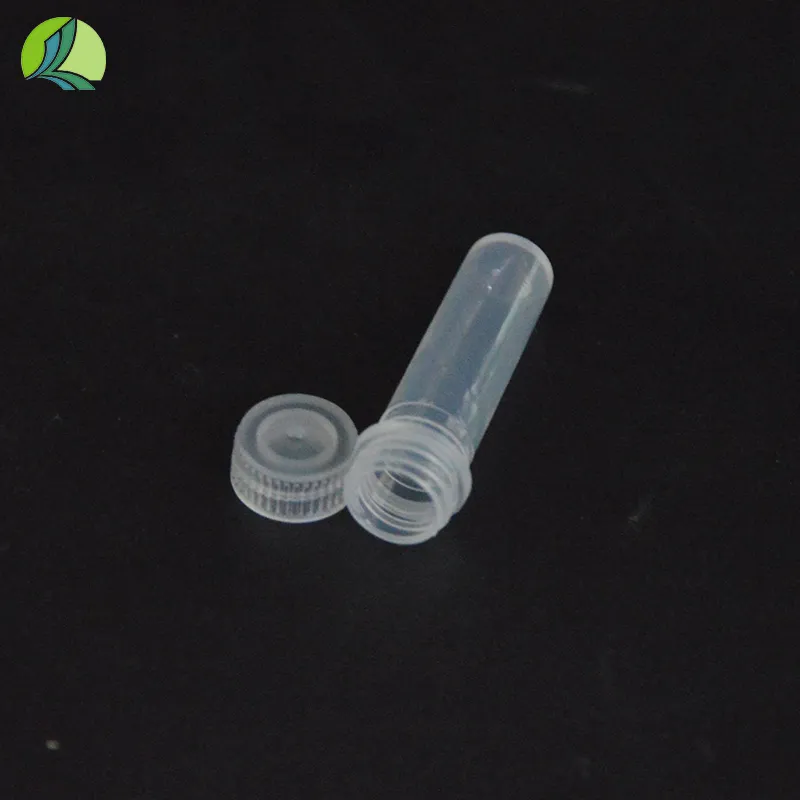https://www.wahmg.com/)">
what are non consumables in laboratory
what are non consumables in laboratory
Understanding Non-Consumables in the Laboratory
In laboratory settings, various materials and equipment are utilized to conduct experiments, tests, and research. Among these materials, one critical category is non-consumables. Non-consumables are items that are not depleted or used up during the course of an experiment; rather, they can be reused over time. This characteristic differentiates them from consumables, which are items such as reagents, samples, and other single-use materials that are disposed of after one use. Understanding the role of non-consumables in the laboratory is essential for efficient resource management, cost control, and maintaining a sustainable research environment.
Understanding Non-Consumables in the Laboratory
In addition to glassware, laboratory equipment such as microscopes, centrifuges, and spectrophotometers are considered non-consumables. These instruments are vital for carrying out a range of analyses and measurements. By investing in durable and high-quality equipment, laboratories can ensure that their research capabilities remain robust over extended periods. Maintenance and periodic calibration of these instruments are essential to ensure their continued effectiveness and accuracy in performing experiments.
what are non consumables in laboratory

Another example of non-consumable materials includes laboratory furniture, such as workbenches and storage cabinets. These items are integral to the functionality of a lab, offering essential workspace and organization for experiments and supplies. While they may require initial investment, they provide a long-term solution for laboratory operations.
While non-consumables are valuable for their reusability, it’s important to recognize that they still require proper maintenance and handling. Regular cleaning and sanitization practices, as well as periodic inspections for damage or wear, are necessary to optimize the lifespan of these items. Additionally, proper inventory management systems should be in place to track the condition and availability of non-consumables, thus ensuring that researchers have access to the tools they need when conducting experiments.
In summary, non-consumables play a critical role in laboratory settings by providing essential tools and materials that can be reused across multiple experiments. From glassware and instruments to furniture, these items not only enhance operational efficiency but also serve to reduce long-term costs. By understanding and optimizing the use of non-consumable items, laboratories can maintain effective research environments while promoting sustainability and resource efficiency.
-
Wholesale Plastic Juice Bottles with Caps 16 oz Options Available Bulk Packaging SolutionsNewsJun.10,2025
-
Laboratory Apparatus Reagent Bottle – Durable & Chemical Resistant Bottles for Safe StorageNewsJun.10,2025
-
Squeezable Dropper Bottles Durable, Leak-Proof & CustomizableNewsMay.30,2025
-
Affordable Plastic Petri Plates Sterile & Disposable Lab-GradeNewsMay.30,2025
-
Eye Dropper Caps Precision 24/410 & Plastic Bottle-Compatible TipsNewsMay.30,2025
-
Affordable Mini Spray Bottle Price & Wholesale Deals Shop NowNewsMay.29,2025





















